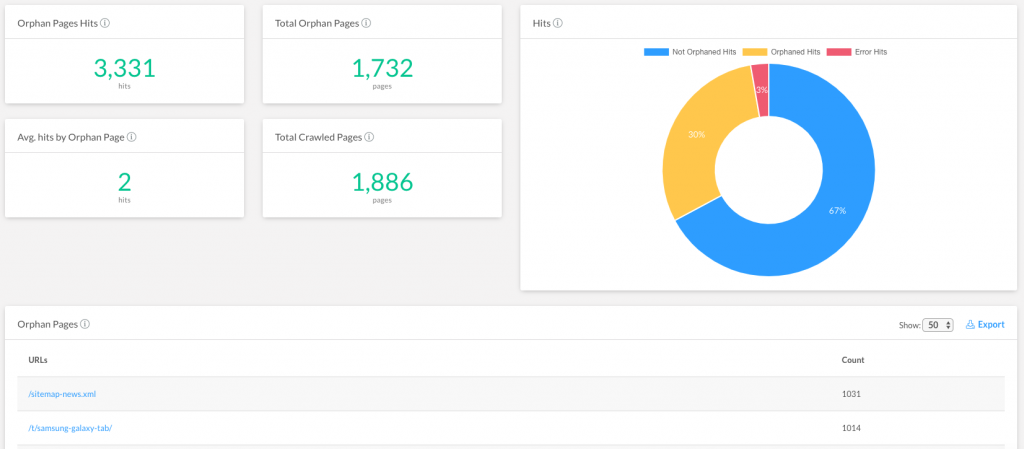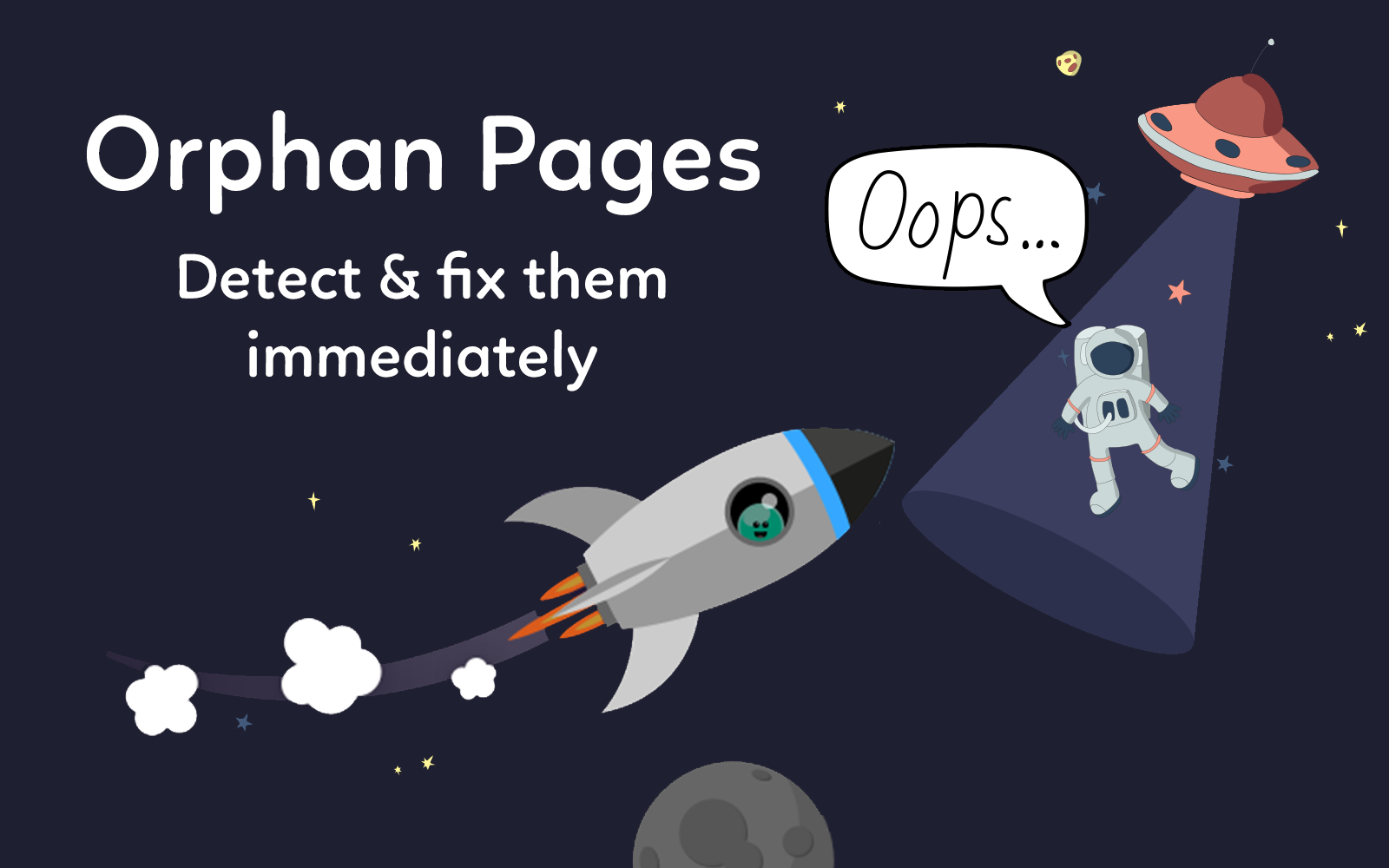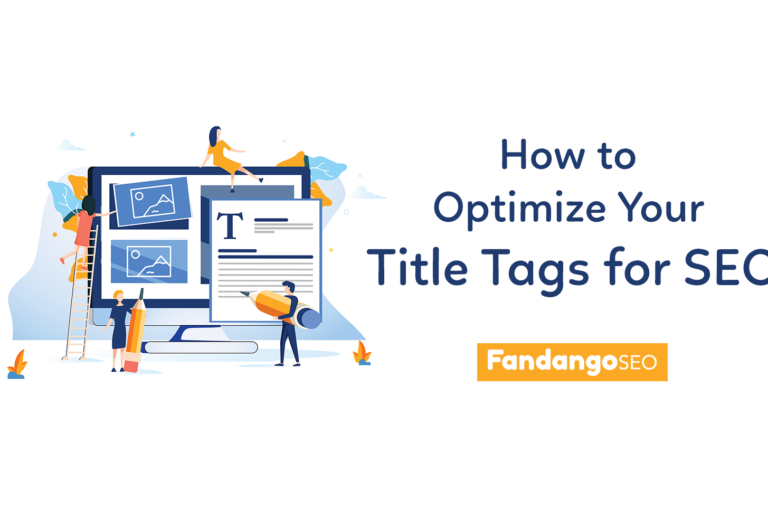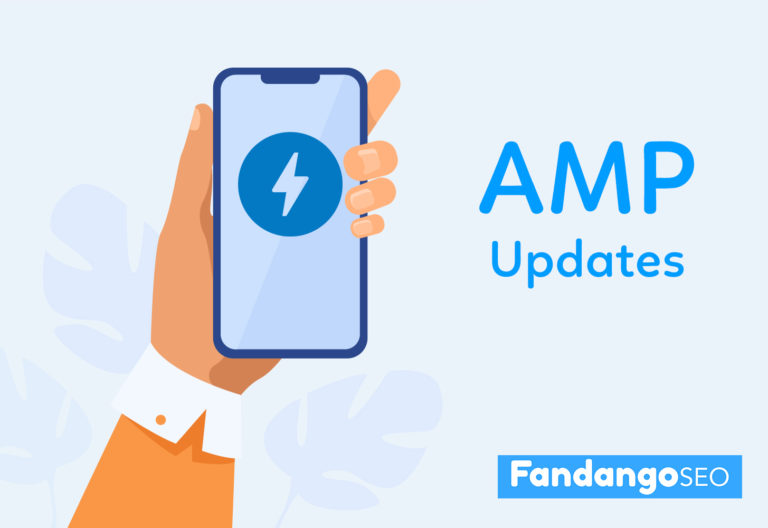What is an orphan page?
We call Orphan Pages to those web pages that do not have a link to them. They are pages that have been on your website at some point, but now they don’t receive any link from your website, neither internal nor external links. It is crucial to detect these types of pages for SEO and marketing to optimize those pages.
Why orphan pages are bad for SEO
There are different reasons why orphan pages may appear. Some examples can be pages of products that are no longer in stock, old news content that has been deactivated or deleted videos. The appearance of these pages as orphans will make search engines consider your website of less quality.
Additionally, orphan pages are not beneficial for web pages because a search engine’s crawling principle is based on following hyperlinks.
It may happen that search engine robots can not capture all pages due to orphaned pages. In general, the link structure of a website should be evenly distributed to pass the link internally to important pages and provide a good user experience.
Therefore, it is vital to identify and fix orphaned pages as soon as possible.
How to detect orphan pages
On many occasions, if you want to find orphan pages, it is recommended to make a comparison of the active URLs on your website and the URLs that can be found on your log files. To do this, you need to use a tool to crawl your site and to obtain a list of your URLs. Then, you need to repeat this process using your log files. Once you’ve got the lists, you need to find if there is any URL that does not match the two of them. If you find any, that’s an orphan page.
Sometimes, this process can be time-consuming and can lead to making mistakes (missing orphan pages), especially when it comes to large websites. Luckily, there’s a more comfortable and faster way to find orphaned pages. And this is simply by crawling your page with a tool like FangangoSEO and giving it access to your log files. In one click the system provides you a list of your Orphan pages. Moreover, you’ll also get relevant information about each page, such as its status code or the number of visits they receive from GoogleBot.

How to fix your orphan pages
If you have orphan pages, first you need to decide what to do with them, or in other words, how you want to address them. To do this, we recommend you to check if the page has been linked from an external website of high quality or if it has a large volume of traffic. In such a case, you might consider improving its content, reusing it, and linking it from an existing page on your website. If you think it doesn’t need an update, think if you can redirect it to pages such as homepage or categories.
Another opposite option would be in the case that we evaluate the orphan page as being useless. If the page has little authority, you’ll probably want to get rid of it. To do this, you can implement a 404 or 410 HTTP status code. These codes indicate that a page no longer exists, which will help your crawl budget be used more efficiently.
Let us know if you find this article useful and/or if you have any questions about orphan pages. We’ll be happy to solve any doubt. 🙂
Last Updated on September 22, 2020 by Hannah Dango




